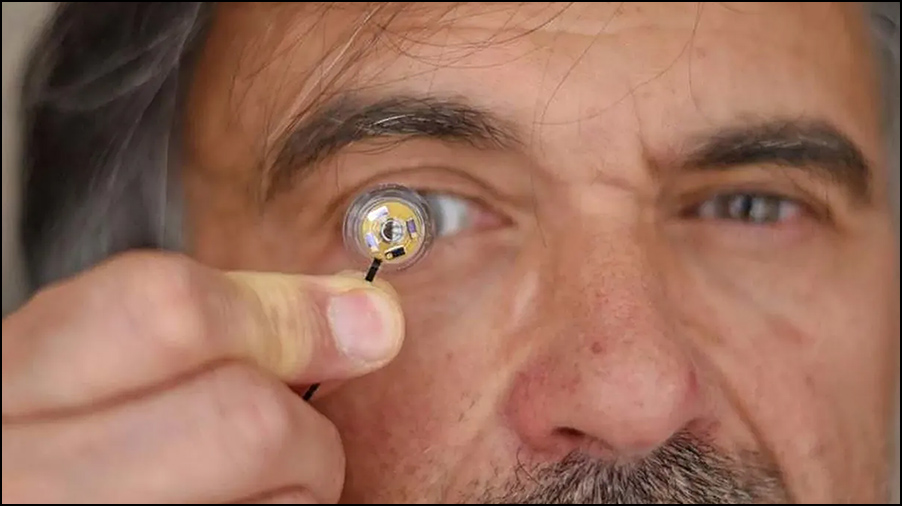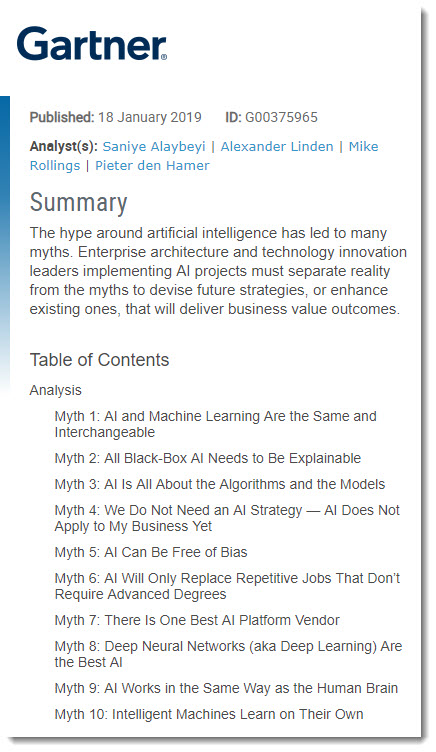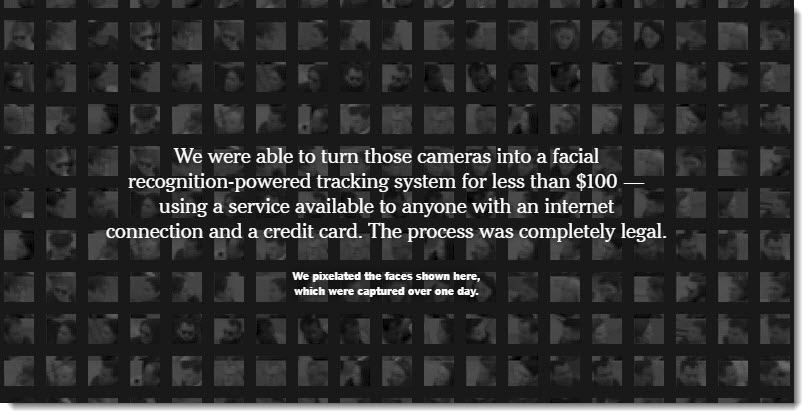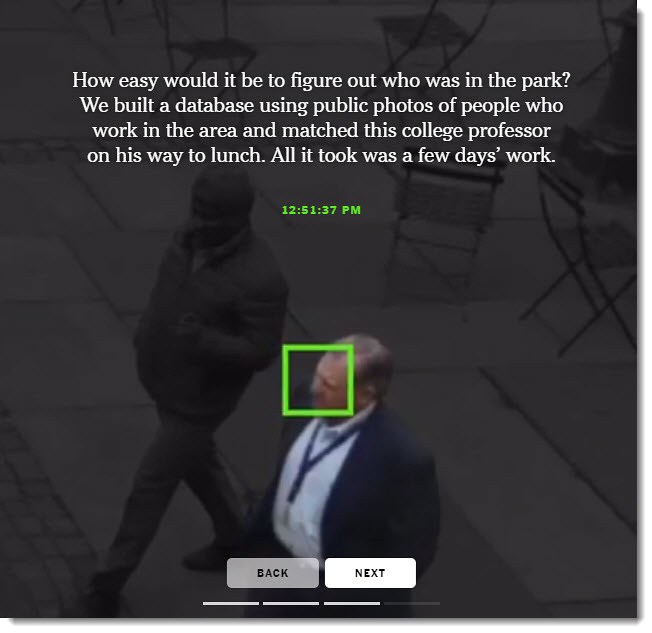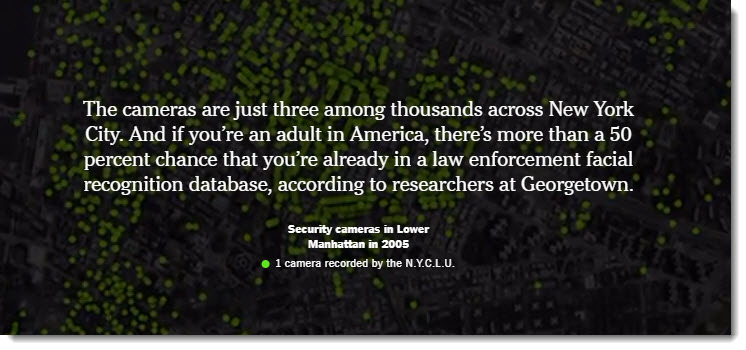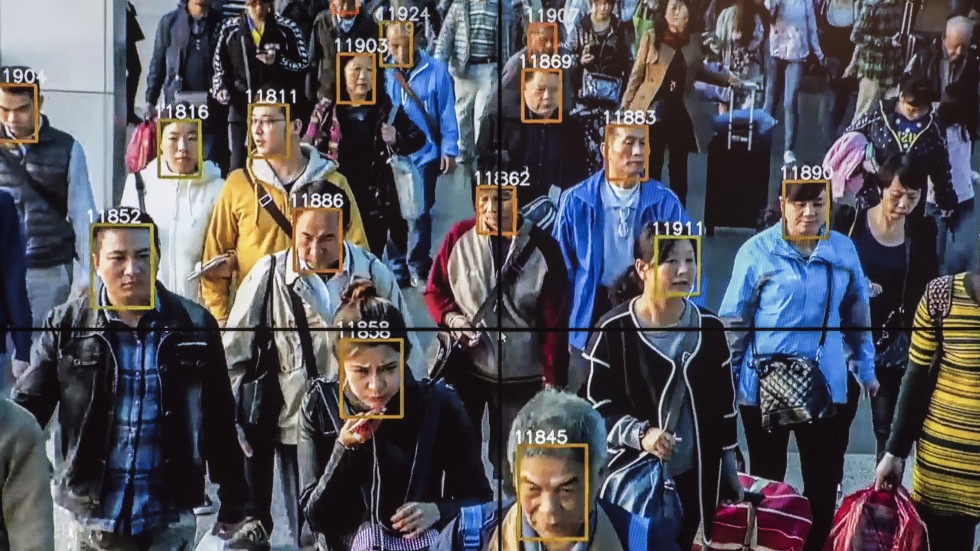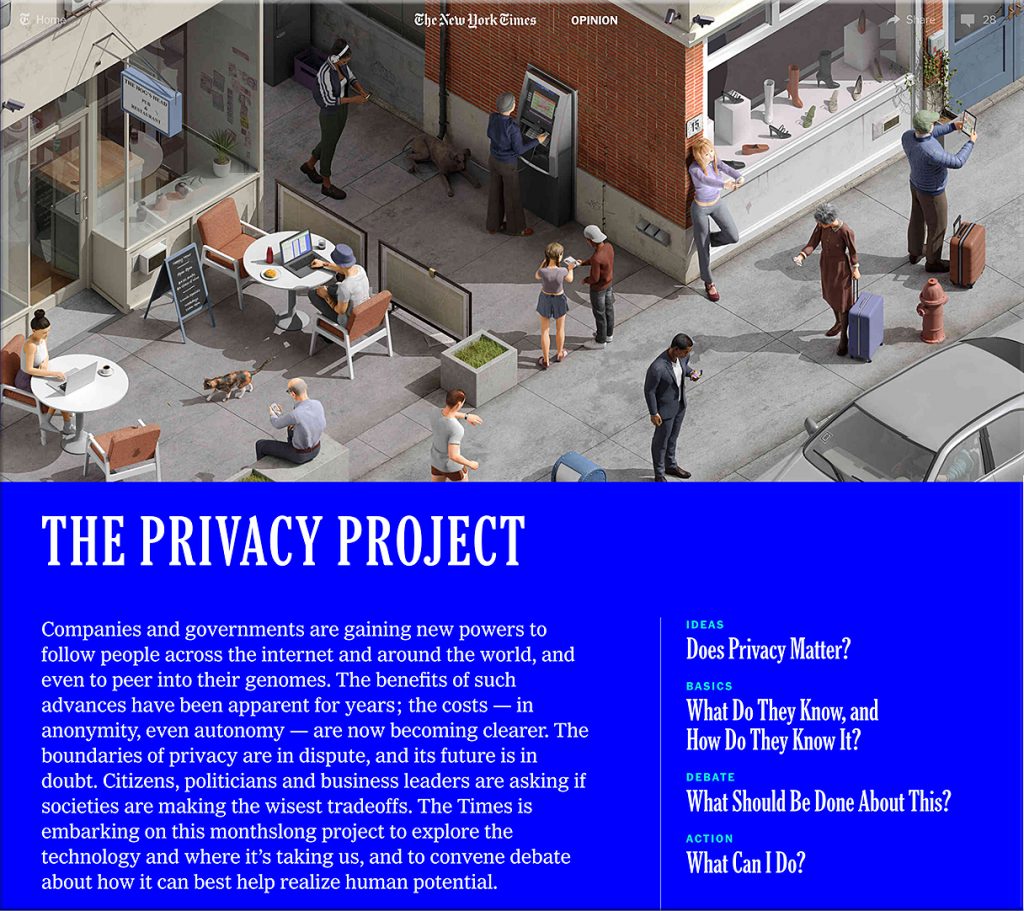People, Power and Technology: The Tech Workers’ View — from doteveryone.org.uk
Excerpt:
People, Power and Technology: The Tech Workers’ View is the first in-depth research into the attitudes of the people who design and build digital technologies in the UK. It shows that workers are calling for an end to the era of moving fast and breaking things.
Significant numbers of highly skilled people are voting with their feet and leaving jobs they feel could have negative consequences for people and society. This is heightening the UK’s tech talent crisis and running up employers’ recruitment and retention bills. Organisations and teams that can understand and meet their teams’ demands to work responsibly will have a new competitive advantage.
While Silicon Valley CEOs have tried to reverse the “techlash” by showing their responsible credentials in the media, this research shows that workers:
-
- need guidance and skills to help navigate new dilemmas
- have an appetite for more responsible leadership
- want clear government regulation so they can innovate with awareness
Also see:
- U.K. Tech Staff Quit Over Work On ‘Harmful’ AI Projects — from forbes.com by Sam Shead
Excerpt:
An alarming number of technology workers operating in the rapidly advancing field of artificial intelligence say they are concerned about the products they’re building. Some 59% of U.K. tech workers focusing on AI have experience of working on products that they felt might be harmful for society, according to a report published on Monday by Doteveryone, the think tank set up by lastminute.com cofounder and Twitter board member Martha Lane Fox.









